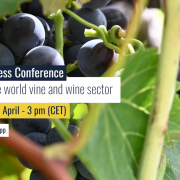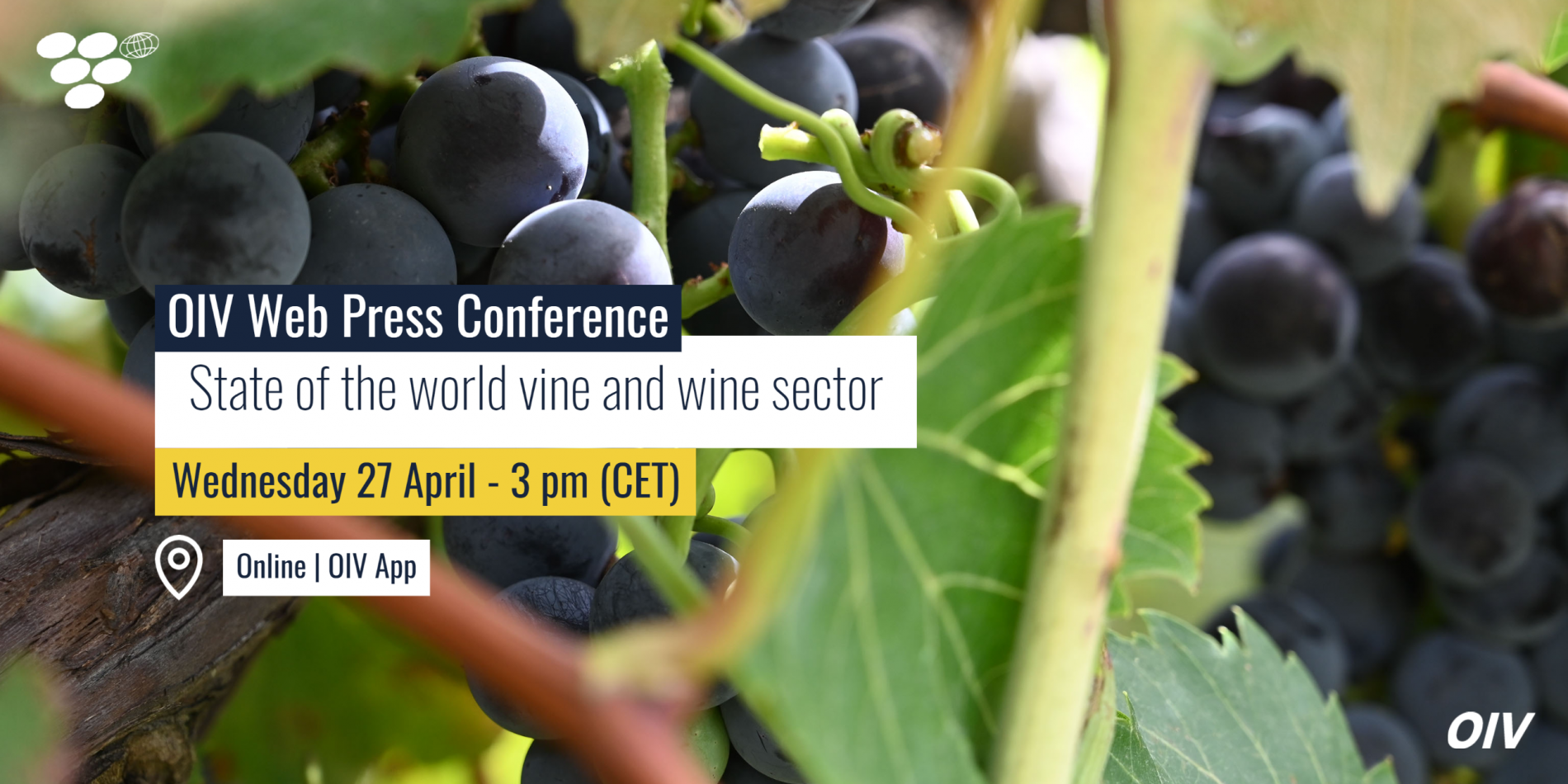Displaying 2680

News


Date: Wednesday 27 April 2021
Time: 3pm CET
Location: Online and OIV App
Language: English / French / Spanish
Register HERE
15 Mar 2022



Date: Wednesday 27 April 2021
Time: 3pm CET
Location: Online and OIV App
Language: English / French / Spanish
Register HERE